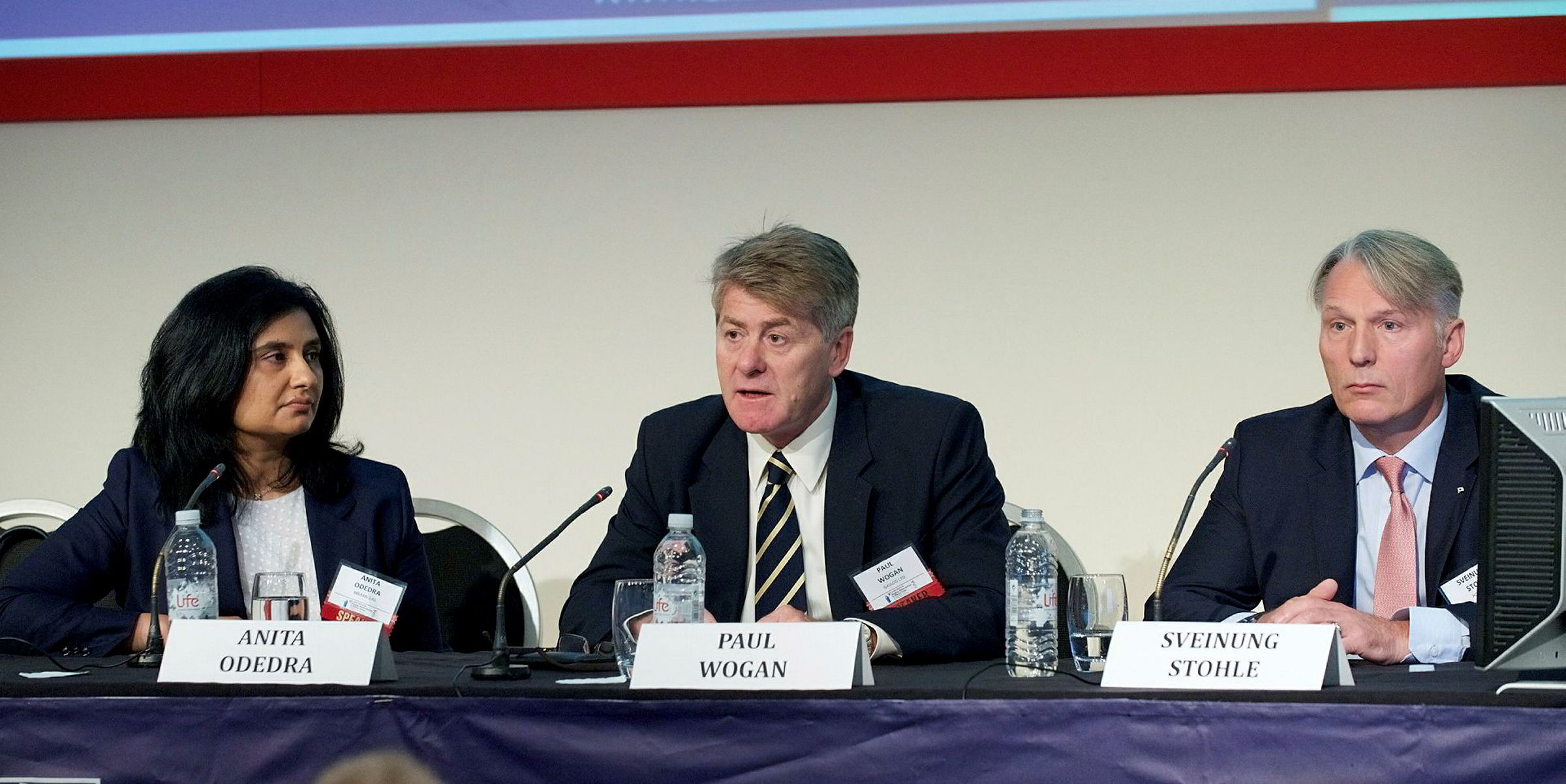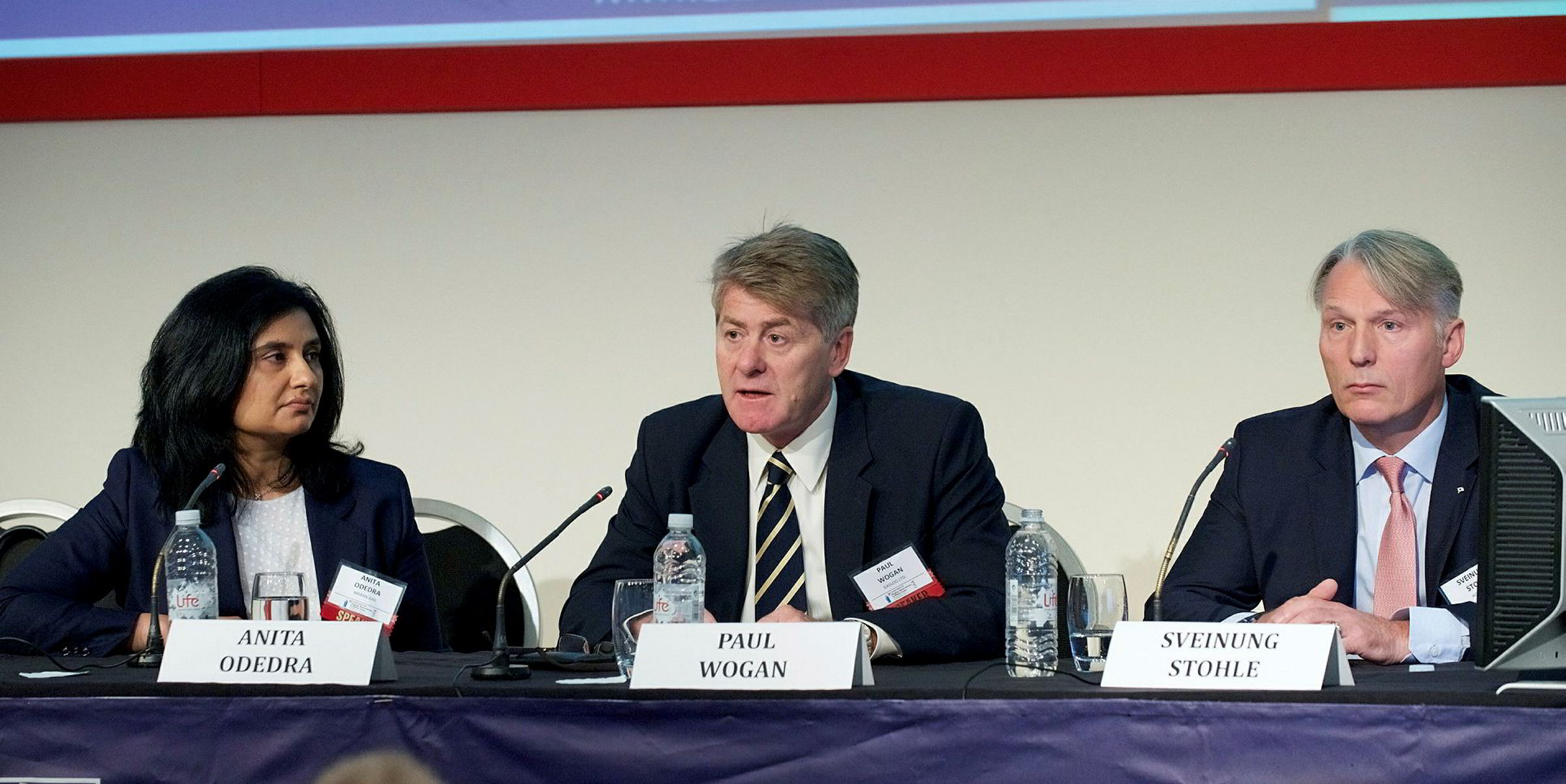GasLog ended the first quarter roughly where Wall Street thought it would.
The New York-traded LPG player posted an adjusted profit of $28.1m for the first three months of 2019, a slight improvement from the $25.3m posted a year ago and good for an earnings per share of $0.11.
The figure was adjusted up from $5.9m due to unfavourable derivative valuations.
"The first quarter saw spot LNG carrier rates fall from the historic highs of the fourth quarter of 2018 as unseasonal weather conditions led to low LNG prices and disincentivised long-haul LNG trade. Nonetheless, spot vessel earnings were roughly in line with those seen in the first quarter of 2018," chief executive Paul Wogan said.
Rise in rates
"We are confident that the fundamentals of the LNG shipping market are tighter than the evidence that the first quarter implies, and we believe that rates will improve in the second half of the year and through 2020."
Both Wells Fargo's Mike Webber and Deutsche Bank's Chris Snyder said the results were in line with expectations.
Webber said GasLog's earnings per share came in $0.02 higher than what he had forecast thanks to the higher than expected revenues of $138.5m that the company attributed to the full operation of three ships delivered during the quarter.
"GLOG expects rates to improve in H2 and through 2020. We think the market likely picks up in May as some larger seasonal tonnage programs continue ramping slightly earlier each year," Webber wrote.
Snyder said he expects the LNG market to pick up over the next 18 months, with new liquefaction projects coming on line.
"GasLog should be a primary beneficiary of this as the largest pure-play LNG shipper with considerable spot market exposure," he wrote. "We expect the company to use the aforementioned demand ramp and seasonal tailwinds later in the year to lock spot vessels onto attractive long-term charters.
"While the results came in as expected, we expect a neutral to slightly positive reaction for the stock in light of the solid cost controls and recent share price underperformance."





